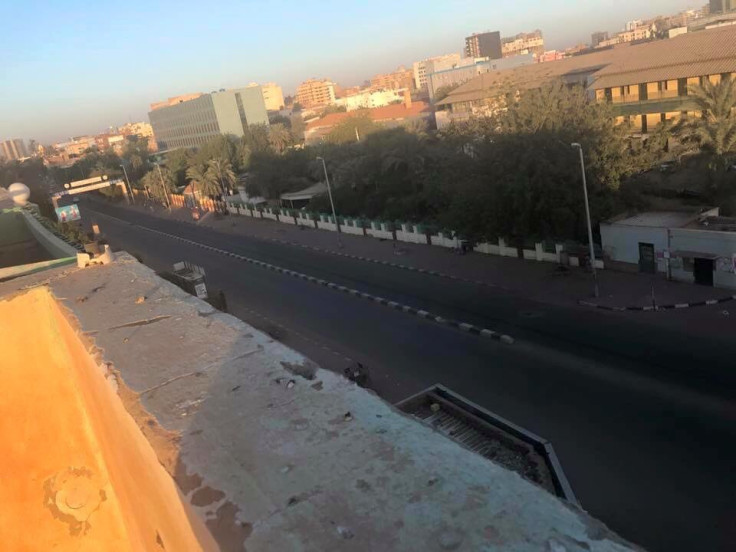Fuel subsidy cuts spark three-day strike in Sudan as 'people cannot take it anymore'
Sudan opposition party tells IBTimes UK people can no longer cope with country's crippled economy.

Thousands of people in Sudan are taking part in a three-day strike in protest against fuel subsidy cuts and the rising cost of living in the country. Opposition groups and activists called for a three-day "civil disobedience" on Sunday (27 November), which marks the start of the working week in the Muslim country.
The strike was caused by the government's decision to increase petrol and diesel prices by 30% earlier this year.
The move led to the rise in the cost of goods including medicines and public transport.
This, coupled with a sharp fall of the Sudanese pound and US economic sanctions, is further weakening the country's economy.
"Sudan is one of the poorest country in the world and Sudanese people cannot take it anymore. The economy is going down," Ahmed Abdelbasit, from the opposition Liberal Party, told IBTimes UK.
"In Khartoum, most of the commercial shops are closed, the streets are empty and we can say the strike is completely succeeding in the capital."
News agency AFP also reported several squares and roads in Khartoum and the city of Omdurman were deserted on Sunday morning. However, the agency added state employees turned up for work.
"The rise of petroleum and medicine prices was the start of the issue, but people are now calling for this government to step down because 27 years of this government are more than enough," Abdelbasit explained.
The current president of Sudan, Omar Al-Bashir, took office in 1989, following a military coup that ousted the democratically elected government of Prime Minister Sadiq al-Mahdi.
2013 deadly protests
Sudan has been progressively reducing fuel subsidy since 2011, when the country lost most of its oil fields due the breakaway of South Sudan.
Cuts on fuel and gas subsidies in 2013 sparked protests which resulted in the death of dozens of people. Activists said at least 200 people were killed, while the government put the death toll at less than 100.
"People went out and clashed with security forces at the time, and we don't want this to happen again," said Abdelbasit .
"But we want the government to understand Sudanese people don't want to go to work and university and schools are empty and the political party should find a solution. Now people are saying the strike should not end tomorrow and I think another strike will be called in the future," concluded Abdelbasit.
No clashes have been reported during the current strike.
The Sudanese embassy in London did not reply to a request for comments.
The ruling National Congress Party criticised the opposition for calling the strike. "The opposition has no understanding of issues concerning citizens," deputy party head Ibrahim Mahmoud said in a statement, according to AFP. "They don't know what's happening at the national level. They are only trying to disturb public security."
© Copyright IBTimes 2025. All rights reserved.




















